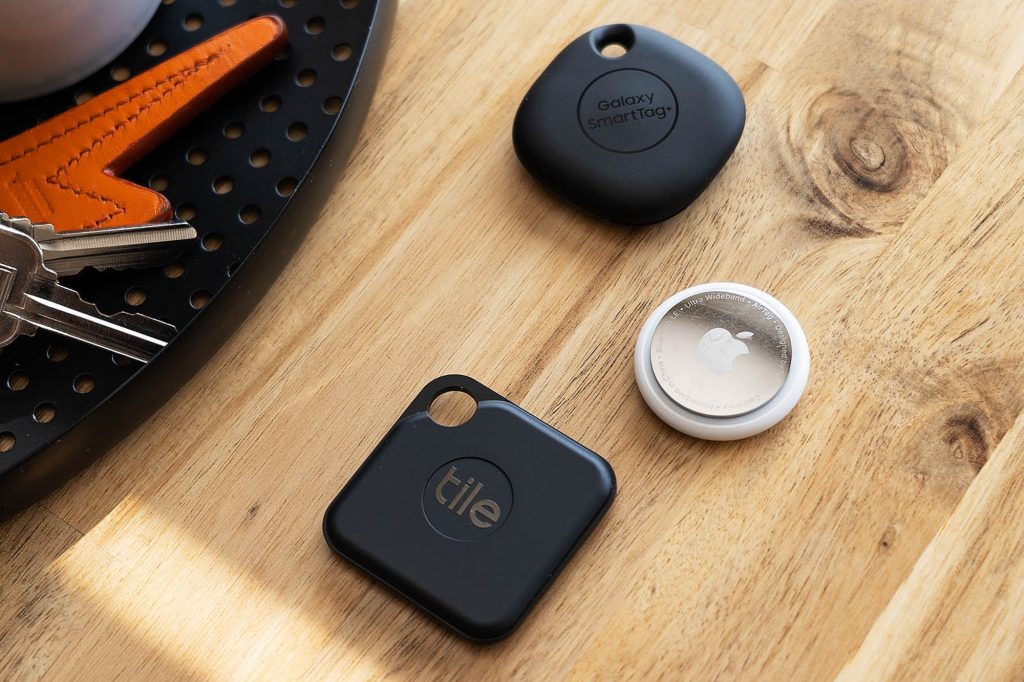If there’s one thing Apple does very well, it’s making products that are already on the market popular. For example, many companies have been producing and selling various tracking devices for years. However, after the introduction of AirTag, the popularity of trackers increased tremendously. However, the increase in usage has also led to increased security concerns. In response, Apple and other manufacturers have added anti-stalking features to AirTag. However, when this feature was exploited, Tile decided to follow a completely different path. Here are the details…
Tile Adds Undetectable Anti-Theft Mode to Tracking Devices, With $1 Million Fine If Used for Stalking
It seems that there is no right or wrong solution when it comes to tracking devices. For example, it was understood that AirTag was being used for stalking shortly after it was released. Taking immediate action, Apple developed a solution, but this also led to other problems. This time, thieves started to discover tracking devices and steal things more easily using these methods. Tile, a company that produces tracking devices, has announced the addition of an Anti-Theft Mode to its devices.

The Anti-Theft Mode is designed to make Tile accessories undetectable by the anti-stalking Scan and Secure feature, which was previously implemented by Tile to prevent stalking. Scan and Secure was introduced to allow iPhone and Android users to scan for and detect nearby Tile devices to prevent them from being used for stalking purposes. Unfortunately, the feature undermined the anti-theft capabilities of Tile as a stolen device’s Tile could be located and removed. Similarly, AirTags, a competitor product, also had a similar security feature, which could locate and remove stolen AirTags.
The Anti-Theft Mode introduced by Tile disables the Scan and Secure feature so that a Tile device cannot be located by someone who doesn’t own the tracker. However, to prevent stalking, Tile has stringent usage terms, including registering using multi-factor identification, and agreeing to the usage terms, which include a $1 million fine if the device is used to track a person without their consent. The Anti-Theft Mode option is intended to make it easier to locate stolen items by preventing thieves from knowing that an item is being tracked.
Unlike other Bluetooth trackers on the market, Tile does not notify nearby smartphone users when an unknown Bluetooth tracker is traveling with them. This feature makes Tile devices more useful for tracking stolen items than AirTags. Apple has added alerts for nearby AirTags to prevent them from being used for tracking people.

However, the proactive notifications found in the Bluetooth tracker industry were designed to prevent stalking. These anti-stalking measures have been criticized for being insufficient for victim protection, as they can make Bluetooth trackers easily identifiable by thieves. To enable Anti-Theft Mode, users must link a government-issued ID card to their Tile account and undergo an advanced ID verification process that uses a biometric scan to detect fake IDs. This measure is meant to deter people from using Tile trackers for stalking or other nefarious purposes. Tile states that any individual convicted of using Tile devices to illegally track another individual without their consent will be fined $1 million, which is in the Tile terms of service.
Tile is also taking a “highly collaborative stance” with law enforcement, and users who turn on Anti-Theft Mode acknowledge that their personal information “can and will” be shared with law enforcement officials in cases of suspected stalking. Tile claims that these usage terms are “progressive safety measures” that will protect people from being stalked with Tile devices.
RELATED:
- XPeng Launches New S4 Fast Charging Stations for EVs in Shenzhen and Guangzhou, China
- OnePlus 11 5G With Snapdragon 8 Gen 2, 100W Charging Debuts Globally
- Xiaomi Launches New Smart Door Lock with Integrated Camera and Screen
- Best LG TVs to Buy in 2023 – OLED, Nanocell & More
- Redmi A2 Design, Specs & Pricing for Europe Leaks Ahead of Launch
(via)







